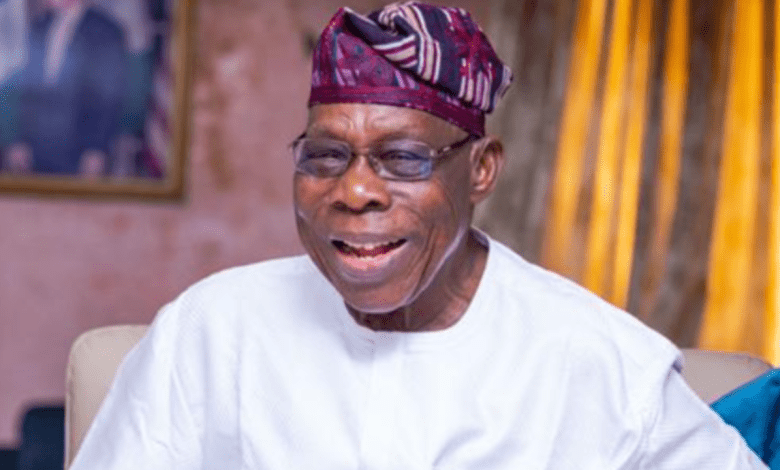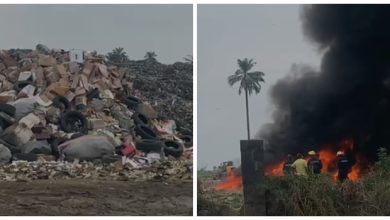
Former President Olusegun Obasanjo has sharply criticized the N15.6 trillion Lagos-Calabar Coastal Highway project, describing it as wasteful and corrupt. He also condemned the N21 billion allocated for the construction of a new official residence for Vice President Kashim Shettima, calling it a misplaced priority and a conduit for embezzling public funds.
These remarks were made in Chapter Six of his newly released book, ‘Nigeria: Past and Future’, which he unveiled to mark his 88th birthday last week. The book explores the characteristics and leadership qualities of Nigeria’s various political leaders, both at the federal and state levels.
Obasanjo took particular issue with the Lagos-Calabar Coastal Highway, a 700km project that is expected to cost N4.93 billion per kilometer. The first phase of the project, which starts at Eko Atlantic and ends at the Lekki Deep Sea Port, has seen N1.06 trillion released for its implementation. Many have questioned the decision to award the contract to Gilbert Chagoury’s Hitech Construction Company without competitive bidding. Chagoury is rumored to be a long-time business associate and friend of President Bola Tinubu, raising concerns about possible conflicts of interest.
Obasanjo also criticized the Tinubu administration for its prioritization of the Vice President’s residence during a period of economic hardship. He described the expenditure on the building as a symbol of the government’s misplaced priorities, accusing the administration of squandering public funds on non-essential projects.
Assessing the first two years of Tinubu’s presidency, Obasanjo expressed his concerns that the political system is plagued by transactional politics, where officeholders are more focused on enriching themselves than serving the people. “Everything is said to be transactional, and the slogan is ‘It is my turn to chop,’” Obasanjo lamented, referring to the growing culture of corruption and self-interest in the country’s leadership.
Obasanjo further lamented the lack of preparedness, self-centeredness, and corrupt tendencies exhibited by many Nigerian politicians. He noted that those in power often use their positions to line their own pockets while the nation continues to suffer from underdevelopment and poverty. He pointed to the example of a governor who cleared billions in debts owed by his businesses within two years of taking office without any clear explanation of where the money came from.
The former president also called for a reconsideration of the Western liberal democracy practiced in Nigeria, arguing that it does not fit the country’s needs. He proposed a review of democracy to reflect African values and characteristics, suggesting a system he referred to as “Afrodemocracy.” This, he argued, would better address the challenges faced by African nations.
Obasanjo’s criticisms of the current administration come amid growing concerns over governance, transparency, and accountability in the country. His book, ‘Nigeria: Past and Future’, serves as both a critique of current leadership and a reflection on the country’s political trajectory.





